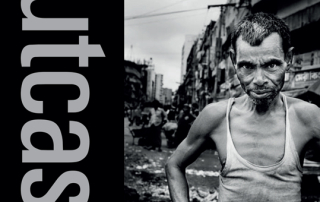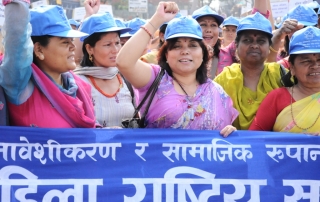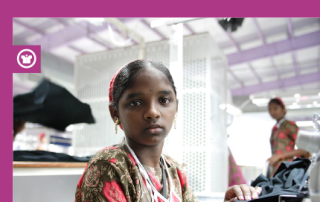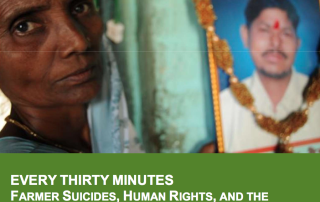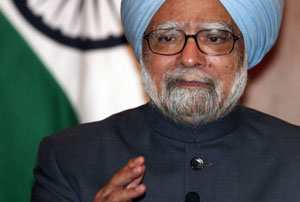NHRC find that Tamil Nadu police committed grave human rights violations against Dalit activists
The National Human Rights Commission in India has directed the Tamil Nadu government to compensate five Dalit human rights defenders who were unlawfully arrested in August 2010. The Commission has held that the police officers have committed grave human rights violations against the victims, and that it is a case fit for payment of compensation to the victims. The five human rights defenders were trainees at People’s Watch Tamil Nadu and where on a fact finding mission regarding allegations of torture. The NHRC has also found that the torture allegations they were investigating were true.
Groundbreaking new photo book on Dalits in Asia by award winning photographer Jakob Carlsen
’Outcast’ – the repressed people of Asia', released in May 2011, depicts the destitution, injustice, poverty and exclusion suffered by hundreds of millions of people in South Asia, as well as small glimmers of hope and empowerment. The photographs and stories about Dalits in Asia were collected by the Danish photographer Jakob Carlsen, over several trips to the region. It is a haunting read, presenting images of a human rights situation so dire you cannot help but reflect on how this could still be taking place in the 21st century.
UN Committee: Combat social discrimination against Al-Akhdam in Yemen
The UN Committee on Economic, Social and Cultural Rights (CESCR) recommends the Government of Yemen to adopt a national action plan to combat the social discrimination and marginalization faced by the Al-Akhdam people, considered 'untouchable' in Yemen.
Dalit women in Nepal demand “Dignified life, inclusion and social transformation”
The National Conference of Dalit Women organised by the Feminist Dalit Organisation (FEDO) took place in Kathmandu from the 11-13th May. The conference brought together Dalit women activists from 75 districts of Nepal; Human Rights activists, constitutional assembly members, researchers, representatives from UN and bilateral agencies and I/NGOs, members of the media; and international delegates from, India, Bangladesh, UK, Sweden, Hongkong, and Denmark.
Nepal: Passing of ‘Untouchability Bill’ is a historic achievement for the Dalit movement
Press Release - Copenhagen, May 30, 2011 (IDSN) --- The Caste-based Discrimination and Untouchability Crime Elimination and Punishment Act, which was adopted unanimously by Nepal’s interim Parliament on May 24, prohibits the practices of ‘untouchability’ both in the public and private sphere. Dalit groups have advocated for two years to ensure that the law did not only extend to the public sphere, but also to the private. It is the first time that a law, which criminalises ‘untouchability’ practices in the private sphere, has ever been introduced.
Pakistan: a human rights defender was booked on murder charges for raising the cases of scheduled caste Hindus
Urgent appeal from the Asian Human Rights Commission:
Dalit girls working under slave like conditions in India’s garment industry
Multinational clothing brands are sourcing from cotton spinning mills in Tamil Nadu that exploit teenage girls, subjecting them to what the ILO terms the ‘worst forms of child labour’.
The cost of cotton – Every 30 minutes an Indian farmer commits suicide
India is failing to address its farmer suicide crisis, says the Center for Human Rights and Global Justice (CHRGJ), in a report released yesterday that has indentified an agrarian crisis in India where farmer suicides are on the rise and caste discrimination only exacerbates the problem.
Dalit millionaires warn: caste system prevails despite India’s economic boom
Even a Dalit millionaire in India can’t buy a house for his mother in the ‘upper caste’ part of her village, or see his son marry an ‘upper caste’ girl. Despite the economic success of a small fraction of India’s Dalits, discrimination prevails and a top economist argues that in fact discrimination and repression are what underpin India’s economic growth, forcing the majority of Dalits into low paid and insecure labour situations.
India’s Prime Minister: Combating violence against Dalits a priority
In his inaugural address at Civil Services Day on April 21st in New Delhi, Prime Minister Manmohan Singh warned civil servants that there was no room for relaxation of vigil when it came to dealing with violence in India. He pointed out the violence committed against Dalits was a priority and stressed that the Government would work for the development of far-flung areas in order to strengthen internal security.

